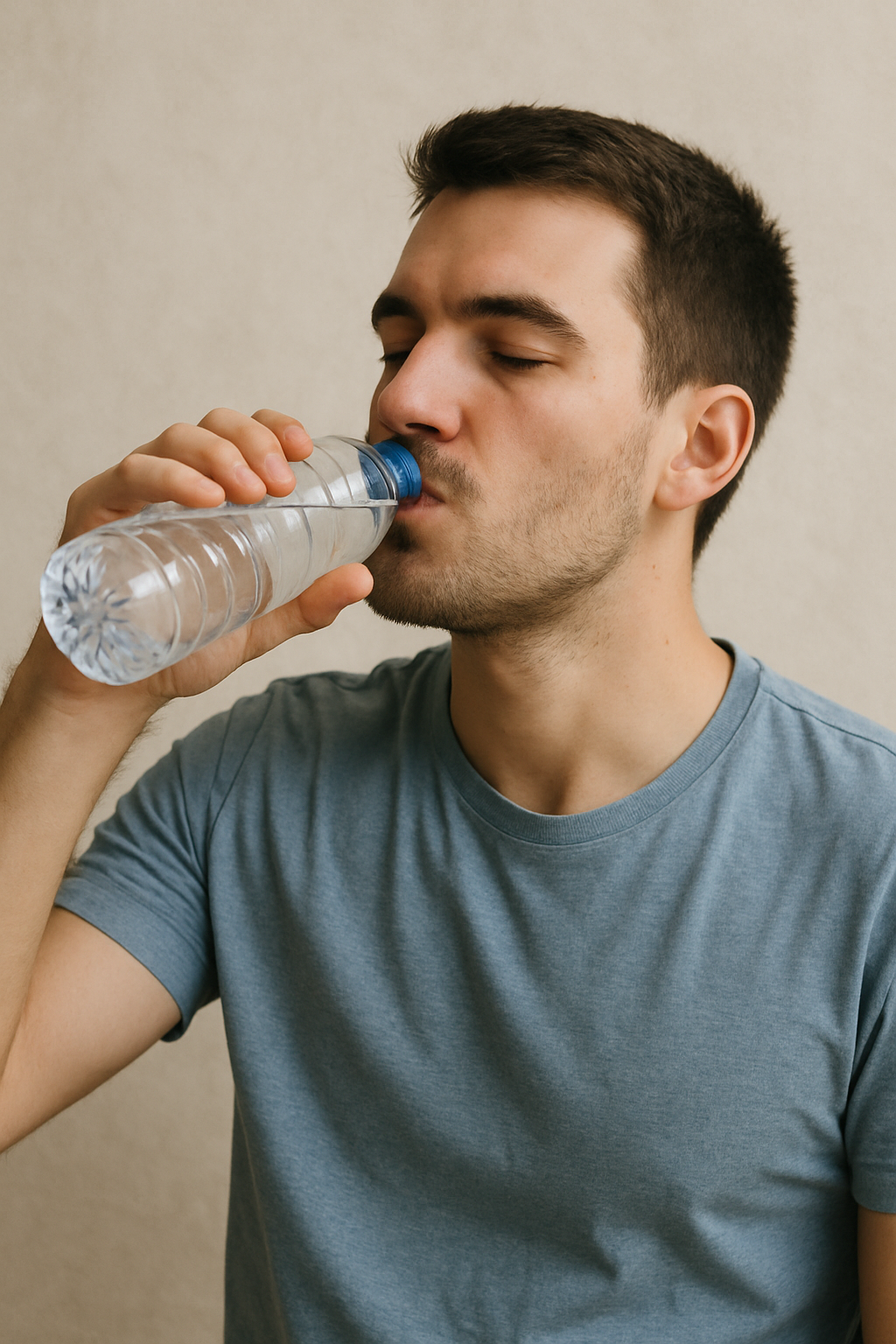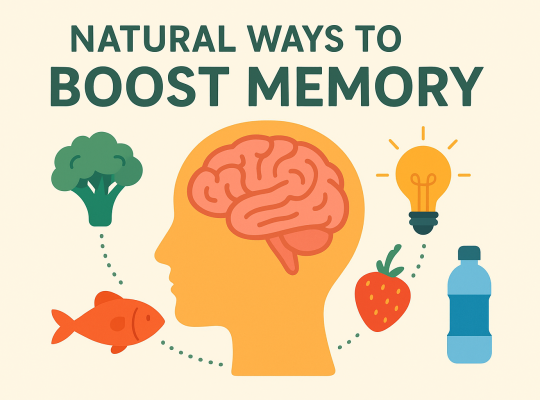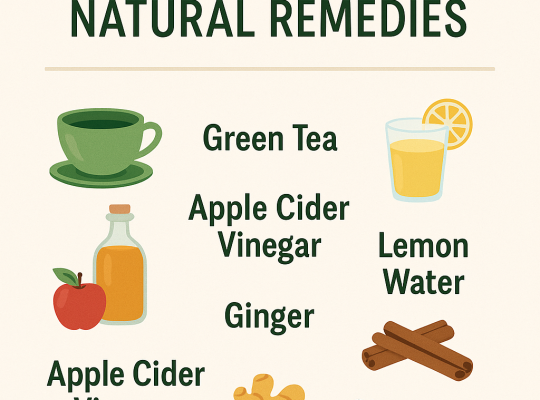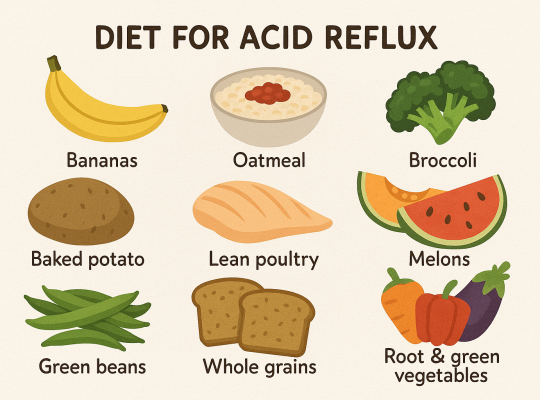Water is the foundation of life. From aiding vital bodily functions to enhancing mental clarity, drinking enough water daily can significantly influence your physical and mental well-being. While the advice to “drink more water” is often repeated, many people still underestimate just how crucial hydration is. This article explores the benefits of drinking water, supported by science and practical insights, and offers tips for staying properly hydrated.
Table of Contents
-
Introduction
-
Why Water Is Essential for Life
-
Health Benefits of Drinking Water
-
3.1. Supports Physical Performance
-
3.2. Enhances Brain Function
-
3.3. Promotes Weight Loss
-
3.4. Flushes Out Toxins
-
3.5. Aids Digestion and Prevents Constipation
-
3.6. Regulates Body Temperature
-
3.7. Improves Skin Health
-
3.8. Prevents and Relieves Headaches
-
3.9. Supports Kidney Function
-
3.10. Reduces Joint Pain and Maintains Mobility
-
-
How Much Water Should You Drink?
-
Myths and Misconceptions About Drinking Water
-
Tips for Staying Hydrated
-
Conclusion
1. Introduction
Water accounts for about 60% of the human body and is involved in nearly every bodily function. Despite its importance, many people do not drink enough water daily. Whether due to busy schedules, a lack of awareness, or simply forgetting, insufficient water intake can lead to dehydration, which may cause a range of health issues. Understanding the benefits of drinking water can encourage healthier habits and improved overall wellness.
2. Why Water Is Essential for Life
Water is not just a thirst-quencher—it plays a vital role in survival. Every cell, tissue, and organ in your body needs water to function correctly. It:
-
Transports nutrients and oxygen
-
Lubricates joints
-
Regulates body temperature
-
Aids in digestion and absorption
-
Removes waste and toxins
-
Supports healthy skin
Without adequate hydration, your body cannot perform these functions efficiently, leading to fatigue, illness, and other complications.
3. Health Benefits of Drinking Water
Let’s explore the major health benefits of drinking water, broken down into specific categories.
3.1. Supports Physical Performance
During intense physical activity, your body loses fluids through sweat. Even a small level of dehydration can impair performance, cause muscle fatigue, and reduce endurance.
Benefits:
-
Maintains electrolyte balance
-
Enhances energy levels
-
Reduces the risk of cramps and injuries
-
Increases endurance
Staying hydrated before, during, and after exercise ensures optimal performance and quicker recovery.
3.2. Enhances Brain Function
Even mild dehydration can negatively affect mood, concentration, and memory. The brain is highly sensitive to hydration levels.
Benefits:
-
Improves concentration and alertness
-
Boosts short-term memory
-
Reduces feelings of anxiety and fatigue
According to studies, losing just 1–2% of body water can impair cognitive functions.
3.3. Promotes Weight Loss
Water can help manage body weight in several ways. It can act as a natural appetite suppressant and increases metabolic rate temporarily.
Benefits:
-
Reduces hunger when consumed before meals
-
Increases calorie burning
-
Helps replace high-calorie beverages
Drinking water before meals can reduce calorie intake, which is beneficial for weight loss efforts.
3.4. Flushes Out Toxins
The kidneys use water to filter waste from the blood and excrete it through urine. Without sufficient water, toxins can accumulate, leading to health issues.
Benefits:
-
Enhances kidney function
-
Prevents urinary tract infections
-
Promotes healthy liver function
Hydration helps the body’s natural detoxification processes.
3.5. Aids Digestion and Prevents Constipation
Water is vital for healthy digestion. It breaks down food, helps absorb nutrients, and softens stool to prevent constipation.
Benefits:
-
Promotes smooth digestion
-
Prevents constipation and bloating
-
Helps reduce acid reflux symptoms
Drinking enough water with meals supports optimal gastrointestinal function.
3.6. Regulates Body Temperature
Your body uses water to control temperature through sweating and respiration. Staying hydrated ensures these processes work effectively.
Benefits:
-
Prevents overheating
-
Maintains core body temperature
-
Enhances exercise safety
During hot weather or intense workouts, water is crucial to prevent heat-related illnesses.
3.7. Improves Skin Health
Hydration affects the elasticity, appearance, and texture of your skin. While it’s not a cure-all, drinking water contributes to a healthier complexion.
Benefits:
-
Promotes skin hydration
-
Reduces dryness and flakiness
-
Helps maintain a youthful glow
Though skincare products are important, internal hydration is equally crucial for radiant skin.
3.8. Prevents and Relieves Headaches
Dehydration is a common cause of headaches and migraines. Ensuring adequate water intake can prevent or reduce their frequency.
Benefits:
-
Decreases the likelihood of headaches
-
Reduces the severity of migraine attacks
-
Improves focus and reduces mental fatigue
People prone to headaches may benefit from tracking their water intake.
3.9. Supports Kidney Function
The kidneys play a major role in regulating fluid balance and filtering waste. Water helps maintain this critical function.
Benefits:
-
Prevents kidney stones
-
Reduces risk of chronic kidney disease
-
Supports overall renal health
Chronic dehydration can increase the risk of kidney damage over time.
3.10. Reduces Joint Pain and Maintains Mobility
Water is a component of synovial fluid, which cushions joints. Staying hydrated can alleviate joint pain and maintain flexibility.
Benefits:
-
Lubricates joints
-
Reduces stiffness and discomfort
-
Supports physical activity and mobility
This is especially important for aging adults and individuals with arthritis.
4. How Much Water Should You Drink?
The “8×8 rule” (eight 8-ounce glasses a day) is a popular guideline, but individual needs vary based on factors such as age, activity level, climate, and health conditions.
General Recommendations:
-
Men: About 3.7 liters (125 ounces) per day
-
Women: About 2.7 liters (91 ounces) per day
This includes water from beverages and food. High-water-content foods like fruits and vegetables contribute to your daily intake.
Pro Tip: Let thirst be your guide, but don’t wait until you’re thirsty to drink—especially during hot weather or exercise.
5. Myths and Misconceptions About Drinking Water
Despite its importance, many myths surround hydration. Let’s debunk a few:
Myth #1: You Must Drink 8 Glasses a Day
Truth: Hydration needs vary. It’s more important to listen to your body and adapt your intake to your lifestyle.
Myth #2: Clear Urine Means You’re Overhydrated
Truth: While very light-colored urine can indicate good hydration, it doesn’t necessarily mean overhydration.
Myth #3: You Can’t Drink Too Much Water
Truth: Overhydration (water intoxication) is rare but possible, especially during intense endurance events.
Myth #4: Coffee and Tea Dehydrate You
Truth: While caffeine has a mild diuretic effect, the water content in these beverages still contributes to hydration.
6. Tips for Staying Hydrated
Here are practical ways to make drinking water a regular habit:
-
Start your day with a glass of water
-
Carry a reusable water bottle
-
Infuse water with fruits or herbs for flavor
-
Set reminders or use hydration tracking apps
-
Drink water before, during, and after meals
-
Eat water-rich foods like cucumber, watermelon, and oranges
-
Avoid sugary drinks that dehydrate and add calories
Making small changes can create lasting hydration habits.
7. Conclusion
Water is more than just a thirst-quencher—it is essential for virtually every function of the human body. From improved digestion and clearer skin to enhanced brain function and weight management, the benefits of drinking water are numerous and scientifically proven.
While hydration needs vary, the goal remains the same: drink enough water to feel and function at your best. Developing a consistent habit of drinking water is one of the simplest yet most powerful ways to support your health. So the next time you’re feeling sluggish, unfocused, or unwell—consider reaching for a glass of water. Your body will thank you.










